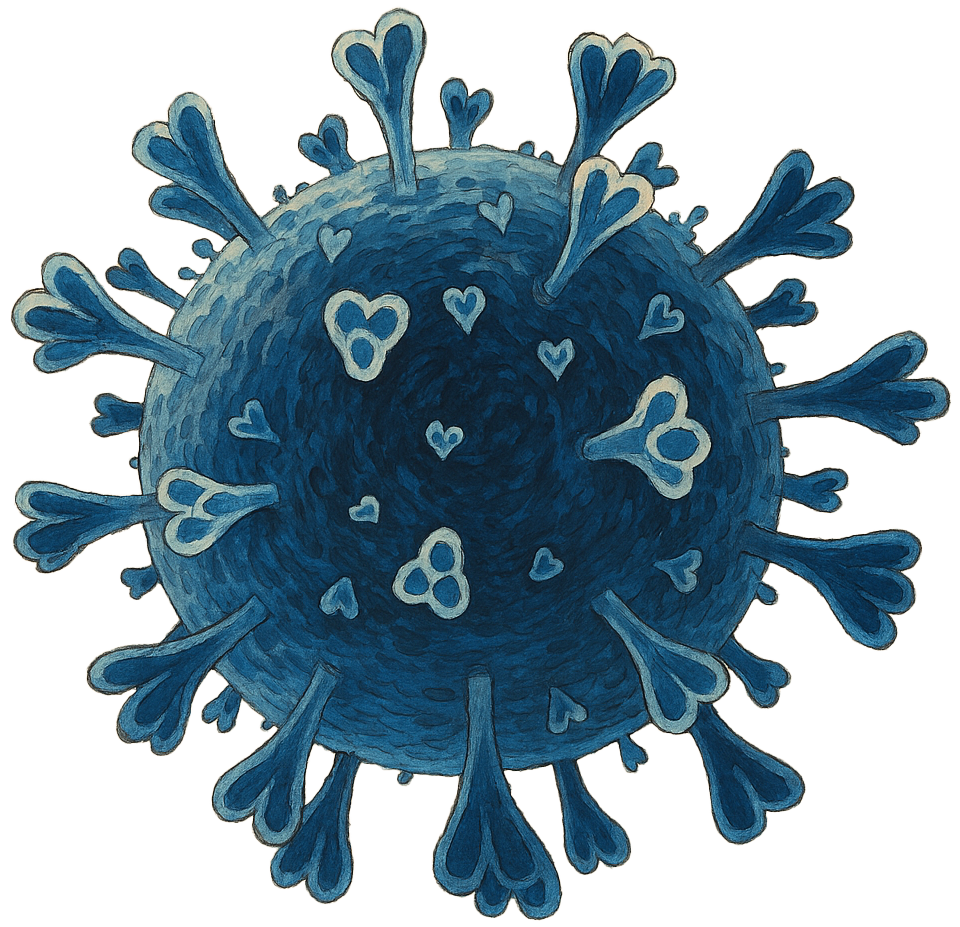Adalimumab for COVID-19

COVID-19 involves the interplay of over 100 viral and host proteins and factors providing many therapeutic targets.
Scientists have proposed over 9,000 potential treatments.
c19early.org analyzes
160+ treatments.
, Systems biology approaches to identify driver genes and drug combinations for treating COVID-19, Scientific Reports, doi:10.1038/s41598-024-52484-8
AbstractCorona virus 19 (Covid-19) has caused many problems in public health, economic, and even cultural and social fields since the beginning of the epidemic. However, in order to provide therapeutic solutions, many researches have been conducted and various omics data have been published. But there is still no early diagnosis method and comprehensive treatment solution. In this manuscript, by collecting important genes related to COVID-19 and using centrality and controllability analysis in PPI networks and signaling pathways related to the disease; hub and driver genes have been identified in the formation and progression of the disease. Next, by analyzing the expression data, the obtained genes have been evaluated. The results show that in addition to the significant difference in the expression of most of these genes, their expression correlation pattern is also different in the two groups of COVID-19 and control. Finally, based on the drug-gene interaction, drugs affecting the identified genes are presented in the form of a bipartite graph, which can be used as the potential drug combinations.
, COVID-19-Omics Report: From Individual Omics Approaches to Precision Medicine, Reports, doi:10.3390/reports6040045
During the COVID-19 pandemic, it became apparent that precision medicine relies heavily on biological multi-omics discoveries. High throughput omics technologies, such as host genomics, transcriptomics, proteomics, epigenomics, metabolomics/lipidomics, and microbiomics, have become an integral part of precision diagnostics. The large number of data generated by omics technologies allows for the identification of vulnerable demographic populations that are susceptible to poor disease outcomes. Additionally, these data help to pinpoint the omics-based biomarkers that are currently driving advancements in precision and preventive medicine, such as early diagnosis and disease prognosis, individualized treatments, and vaccination. This report summarizes COVID-19-omic studies, highlights the results of completed and ongoing omics investigations in individuals who have experienced severe disease outcomes, and examines the impact that repurposed/novel antiviral drugs, targeted immunotherapeutics, and vaccines have had on individual and public health.
, Prospects of Novel and Repurposed Immunomodulatory Drugs against Acute Respiratory Distress Syndrome (ARDS) Associated with COVID-19 Disease, Journal of Personalized Medicine, doi:10.3390/jpm13040664
Acute respiratory distress syndrome (ARDS) is intricately linked with SARS-CoV-2-associated disease severity and mortality, especially in patients with co-morbidities. Lung tissue injury caused as a consequence of ARDS leads to fluid build-up in the alveolar sacs, which in turn affects oxygen supply from the capillaries. ARDS is a result of a hyperinflammatory, non-specific local immune response (cytokine storm), which is aggravated as the virus evades and meddles with protective anti-viral innate immune responses. Treatment and management of ARDS remain a major challenge, first, because the condition develops as the virus keeps replicating and, therefore, immunomodulatory drugs are required to be used with caution. Second, the hyperinflammatory responses observed during ARDS are quite heterogeneous and dependent on the stage of the disease and the clinical history of the patients. In this review, we present different anti-rheumatic drugs, natural compounds, monoclonal antibodies, and RNA therapeutics and discuss their application in the management of ARDS. We also discuss on the suitability of each of these drug classes at different stages of the disease. In the last section, we discuss the potential applications of advanced computational approaches in identifying reliable drug targets and in screening out credible lead compounds against ARDS.
Please send us corrections, updates, or comments.
c19early involves the extraction of 100,000+ datapoints from
thousands of papers. Community updates
help ensure high accuracy.
Treatments and other interventions are complementary.
All practical, effective, and safe
means should be used based on risk/benefit analysis.
No treatment or intervention is 100% available and effective for all current
and future variants.
We do not provide medical advice. Before taking any medication,
consult a qualified physician who can provide personalized advice and details
of risks and benefits based on your medical history and situation. IMA and WCH
provide treatment protocols.
Thanks for your feedback! Please search before submitting papers and note
that studies are listed under the date they were first available, which may be
the date of an earlier preprint.
